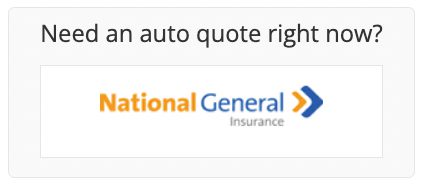
EPLI: Protecting Your Business from Employment Practices Lawsuits
Employment practices liability insurance (EPLI) can be a vital safeguard for businesses, offering protection against the legal and financial repercussions of employment disputes. Beyond offering financial security, EPLI underscores a company’s commitment to employee rights and well-being, promoting a positive workplace culture. In today’s litigious climate, EPLI serves as an essential risk management tool, helping businesses navigate workplace complexities and reduce legal risks. 
Understanding Employment Practices Liability Insurance
EPLI can cover a range of claims that can arise in the workplace. These include allegations of sexual harassment, discrimination based on race, gender, age or disability, wrongful termination, breach of employment contract and more. With the rise of workplace-related lawsuits, EPLI can be the difference between a thriving business and one inundated by legal fees and settlements.
Why Employment Practices Liability Insurance Is Essential
EPLI can be essential for the following reasons:
- Financial protection—Legal battles can be expensive. EPLI can help cover the costs of defending against a lawsuit, including attorney fees, court costs and settlements or judgments.
- Risk management—EPLI policies often include risk management resources, such as training programs and legal advice, to help businesses prevent claims before they arise.
- Peace of mind—The assurance that your business is financially protected can enable you to concentrate on growth and operations without the persistent concern of potential lawsuits.
Learn More
Employment practices lawsuits can pose a significant threat to any business. Investing in EPLI can protect your financial assets while promoting a healthier, more secure work environment. Contact Stowe Insurance today to discuss your business insurance portfolio.
This blog is intended for informational and educational use only. It is not exhaustive and should not be construed as legal advice. Please contact your insurance professional for further information.
Categories: Blog

